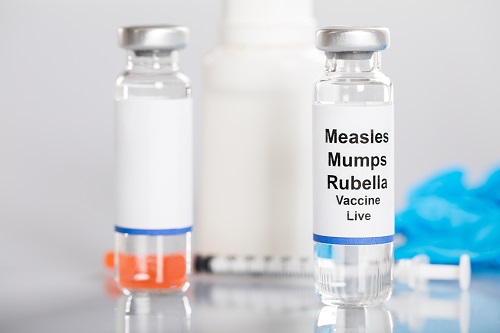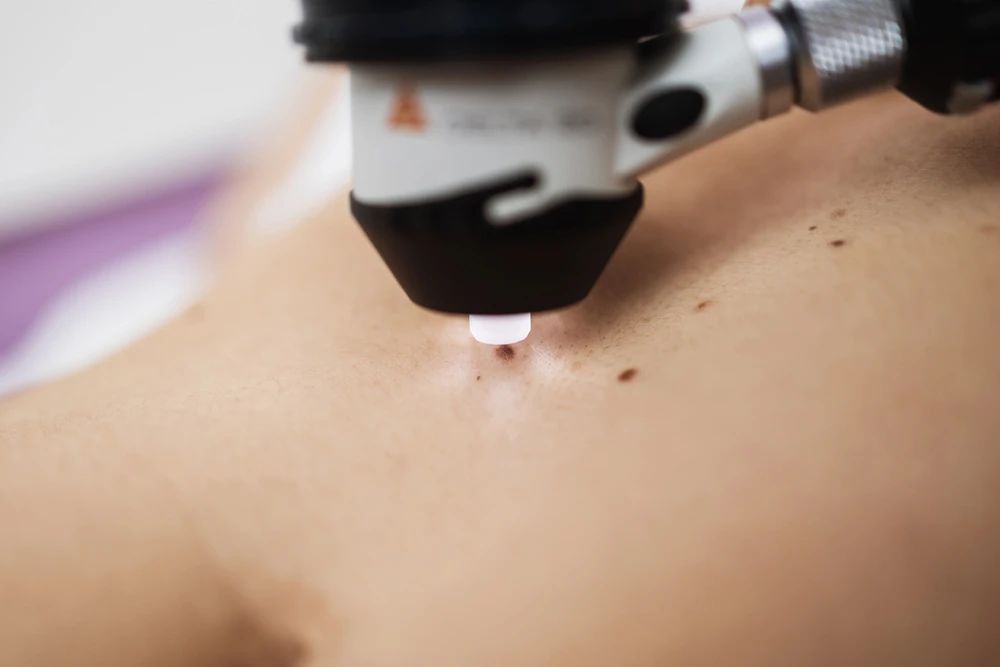Measles Myths Debunked
2021-02-24

Measles is a deadly disease that can put your children’s lives at risk. Yet, parents today are still choosing not to get their kids vaccinated. In this article, we go through the facts and debunk the myths surrounding measles.
What is measles?
Measles is a viral infection that commonly affects young children. Before the 20th century, the disease used to be fairly common but has since been almost completely eradicated in developed countries with the use of vaccines.
In small children, measles can be especially deadly. Around 100,000 people die from measles every year, with most of them being under 5 years of age.
The infection occurs in sequential stages over 2 – 3 weeks. After 2 weeks of exposure, the following symptoms will develop:
- A flat reddish-brown skin rash
- Dry cough
- Fever
- Red, itchy eyes
- Runny nose
- Small greyish-white spots with bluish-white centers in the mouth, insides of cheeks, or throat
- Sore throat
As the virus becomes less prevalent through vaccinations, fewer people have experience with the disease, leading to the spread of misinformation, and the formation of myths. Ironically, this increases the spread of the virus as people don’t take the precautions to prevent it. Here we debunk 7 common misconceptions about measles.
Misconception 1. Measles is a normal and non-life-threatening illness for children to have.

There is this misconception that being infected with measles is a way to build the body’s immune system naturally like chicken pox. However, measles can potentially be fatal. Around 5% of children with measles get pneumonia, the most common cause of death from measles in young children. While this may seem like a small statistic, it is an unnecessarily high one when there are vaccines available.
Misconception 2. Adults can’t get measles.
You can get measles at any age. However, the virus is known to be more severe in those under the age of 5 and those over 30. If you have been vaccinated for measles, you are immune to the virus. If you’ve already had measles, you now have a natural immunity to it.
Misconception 3. Everyone vaccinated against measles is protected.

Although the vaccine is incredibly effective, there are rare instances where measles is contracted even after immunization. 2 shots of the measles, mumps, and rubella (MMR) vaccine are usually needed for protection. With the 2 shots, the effectiveness of the vaccine increases to 97%. Even in the unlikely case that you do develop measles after having been vaccinated, the disease is very mild and non-life threatening.
Misconception 4. Adults cannot get vaccines, only children can.
You can get vaccinated at any age. It is never too late to become immune to measles. Vaccination is important because it protects not only yourself but also people within the community who can't be vaccinated for those health reasons. If you are not vaccinated, you may get infected and can spread measles to others.
Misconception 5. If I practice good hygiene, I will not contract measles.

Measles is highly contagious, so if you don’t have immunity and have been in contact with someone who has the virus, you will likely contract it. It is spread in the air through coughs and sneezes and can live on surfaces and in the air for up to 2 hours, which means you can catch it in public places without knowing you have come into contact with it.
Misconception 6. The measles vaccine can kill you.
The vaccine is very safe and is effective at preventing measles. There have not been any recorded deaths directly caused by the measles vaccine. Some of the common side effects of the vaccine would include fevers, mild rashes, and temporary pain in the joints. Very rarely, a person may have a serious allergic reaction to the vaccine. Nonetheless, being vaccinated is much safer than getting measles.
Misconception 7. The measles vaccine causes autism.

No links have been found between the vaccine and autism. This particular myth started when a paper published in 1998 first described a link between the vaccine for measles and autism. Both the findings and the lead researchers have since been entirely discredited.
When to see a doctor
If you think you or your child may have been exposed to measles or if you or your child has a rash resembling measles, visit the Pediatrician to get a proper diagnosis.
For more information about measles or your kid’s health, please call 400.819.6622.
Copyright: Health Plus an online health and wellness web resource developed by Parkway Singapore https://www.parkwayshenton.com/healthplus/article/measles-myths
References:
1. MMR vaccine does not cause autism, even in those most at risk. Retrieved on 16/07/2019 https://www.medicalnewstoday.com/articles/324619.php
2. Measles. Retrieved on 16/07/2019 https://www.mayoclinic.org/diseases-conditions/measles/symptoms-causes/syc-20374857
3. Measles. Retrieved on 16/07/2019 https://www.who.int/news-room/fact-sheets/detail/measles





























